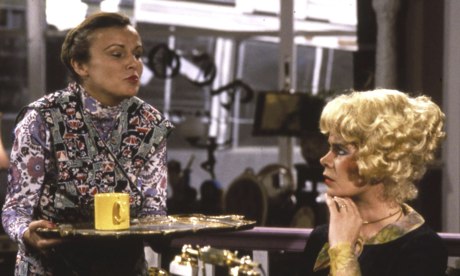John Oliver has criticized the latest healthcare reform, referring to it as “shitty Obamacare”.
On Last Week Tonight, the comic took apart the American Health Care Act, championed by the House speaker, Paul Ryan, saying: “You may not have wanted it, it looks awful but it’s here anyway” which he likened to “Pirates of the Caribbean 5: The Curse of Johnny Depp Getting Divorced & Needing the Money.”
He then discussed the negative reaction the bill has already encountered, even from many Republicans. “Much like the life behind Melania’s eyes, the AHCA looks dead by the time it was introduced in Washington,” he said.
Oliver called it “shitty Obamacare, the way Old Navy is a shitty version of the Gap” before talking about the mechanics of the plan. Older people will get more money towards their healthcare leading him to joke: “The older you get, the more money you get. Think of it as the exact opposite of being a woman in Hollywood.”
Despite all of the negativity, Ryan has been doing the publicity circuit, explaining why the bill is so great. Oliver joked during one of his TV calls-ins that “somehow you can almost hear his erection during that”.
He then played the much-criticized clip of congressman Jason Chaffetz recommending that people should reconsider buying an iPhone if they plan to need any form of healthcare.
“It’s frankly a little hard to take a lecture on good choices from a man who presumably entered a barbershop and said give me the wet poodle pubes,” Oliver said.
He then highlighted that the people who will be most affected by the reform will be poorer Americans who voted for Trump. “It’s like if the people in Pompeii voted for the volcano,” he said.
When asking who exactly will benefit from the plan, Oliver showed stats that prove richer Americans will receive major tax cuts as a result. “So this plan is literally taking money from the poor and giving it to the very rich,” he said. “It’s essentially a reverse Bernie Sanders which is also the name of a sex act which consists of very aggressive fingering.”
In discussing the response, Oliver referred to it as “almost universally hated in Washington” and “truly the Ted Cruz of healthcare legislation”.
He also played footage from Sean Spicer’s press briefing where he used two different paper stacks to somehow prove the new bill is better. “That is the most aggressively stupid thing I have ever seen and I just saw Jason Chaffetz suggest paying for health insurance by retroactively not buying an iPhone,” he said.
Trump has spoken this week about how no one knew how difficult and complicated healthcare was until now. “It’s like saying ‘who knew King Tut was dead’ – everybody did!” Oliver said.
The president is also not attaching his name to it or talking about it at great length. “Trump is not clamoring to put his name on this bill and he has put his name on some of the shittiest products in human history,” he said.
Oliver ended by talking about his plan to get a message to Trump about how awful the new plan is: he’s bought ad time on Fox & Friends, a show the president clearly watches. The ad will feature an older actor explain in detail how his life will be harder from now on. It will air in the DC area on Wednesday morning.
John Oliver on Trumpcare: "the Ted Cruz of healthcare legislation"


